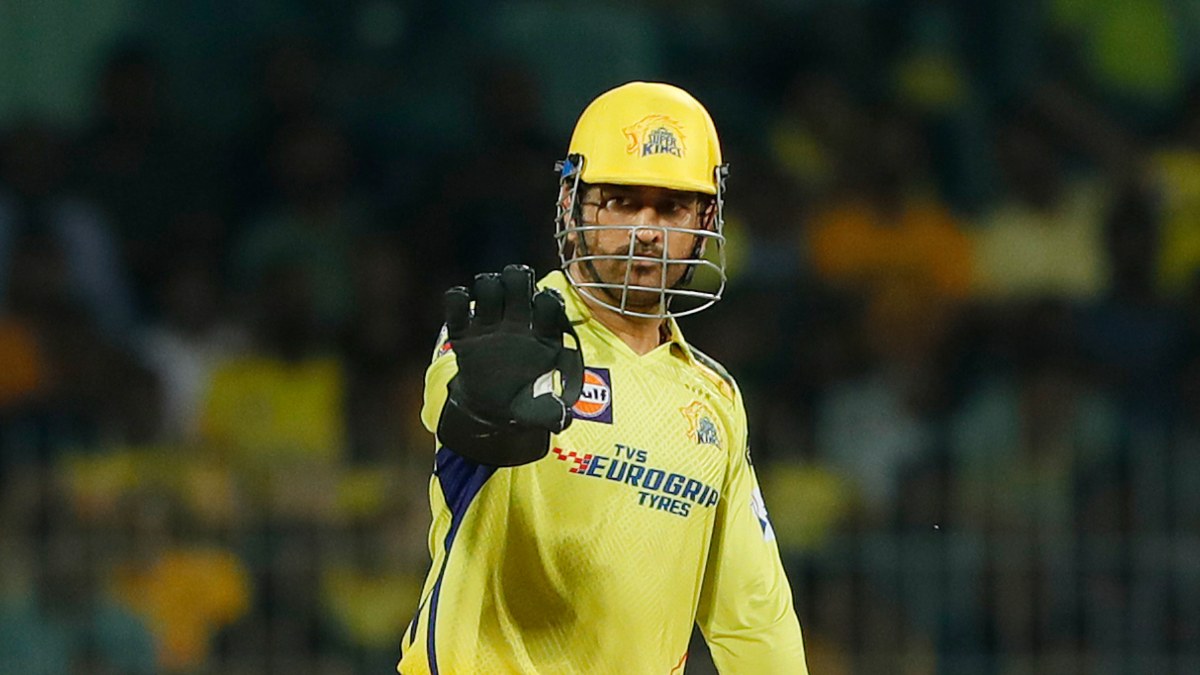When AB de Villiers, the world’s pre-eminent limited overs batsman was asked after South Africa’s loss to India in the semifinal of the World T20 in Bangladesh last year — where he faced only eight deliveries coming in at number 5 towards the end of 14th over — he responded that it was a decision taken based on analytics.
He had said that the numbers crunched by their backroom staff indicated that de Villiers was most effective when he came in to bat after the 10th over.
It’s all fine and good to make use of analytics to decide the batting order and try to squeeze out the last drop of advantage you can derive over your opponents, but to be blind to the bleeding obvious is just plain ridiculous. If you can’t get the simple things right, there is no analysis that is going to help you.
The backroom staff for the Delhi Daredevils in the eighth edition of IPL has a distinct South African flavour. The head coach is Gary Kirsten. One of the assistant coaches Rob Walter has worked with the South African team when Kirsten was their head coach. Prasanna Agoram is incharge of ‘strategy and analysis’ and he works as an analyst with the South African team as well. It is no wonder then that in their loss on Thursday, Delhi chose a batting order against Chennai Super Kings with their two main batsmen – Yuvraj Singh and skipper JP Duminy – coming in at 6 and 7 respectively.
A chase of 150 runs on a decent pitch should have been quite straight forward. Instead Delhi chose to send four of their uncapped players in the top five along with Albie Morkel. Morkel saved face for the team by batting till the end but he was completely out of gas. There is a reason Albie hasn’t scored more than 30 in the IPL since 2011. He has more impact lower down the order where he can bash a few sixes.
The job of batting through the innings and ensuring the chase was safe should have been Yuvraj and Duminy’s. Instead, both the senior batsmen entered the fray with less than seven overs left in the innings with the required run rate pushing 10. One can argue that these two could have finished the chase with only 52 runs required but the pressure of being five-six wickets down is immense — and knowing that if you lose your wicket there, the chances of winning become remote, adds to the pressure.
On Friday night, for the second game running, the chasing team, in this case Kings XI Punjab, chose to hide their recognised big hitting batsman David Miller behind Axar Patel. By the time Miller walked in, the asking rate had pushed past 9 RPO and left only captain George Bailey for company. The early cluster of wickets would not allow any luxury for the reputed batsmen to get set and go after the target.
As soon as early wickets fell, Kings XI needed to recalibrate their plans and send their marquee players to give them a chance to get their eye in on a wicket that provided assistance to the seamers. It wasn’t a truly flat wicket where a batsman could tee off from the word go. It was a terrible miscalculation by Punjab’s team management and resulted in a 26-run loss.
Bailey admitted right away after the match ended that they got the batting order wrong and it wasn’t a “good idea” to change it. Good things can come off mistakes when you admit them and are willing to take the lessons. With the experience of playing in the IPL final last year, KXIP would be served well if they don’t try anything fancy and follow simple cricketing logic.
On the other hand, the Daredevils have had two miserable years in the last two seasons of the IPL, finishing dead last in 2014 with just two wins. Their start to 2015 doesn’t inspire hope for their fans, with an easy chase completely botched. It could have been a shot in the arm defeating the Super Kings but now they are left wondering.
Skipper Duminy said that his team would ’take a lot of learnings’ out of the loss to Chennai. They don’t need to learn a lot but just one thing: Send in your best batsmen in the top four.


)




)
)
)
)
)
)
)
)